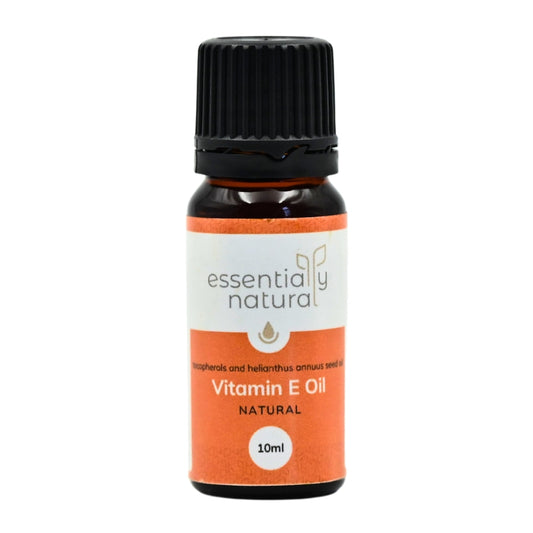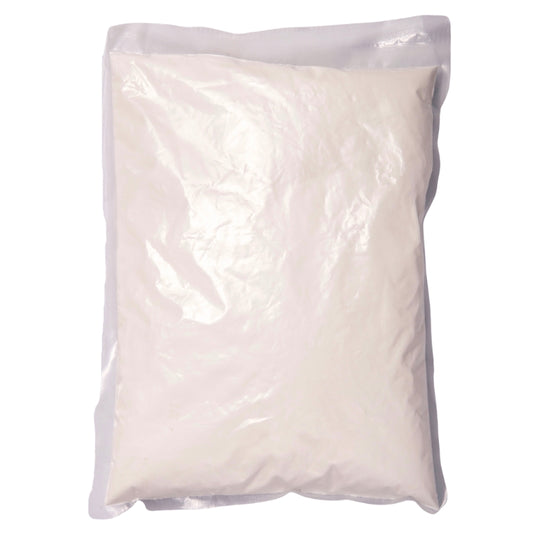
Hydrating and Moisturising in Winter: Humectants, Emollients and Occlusives
Juliette van der MeerIt's safe to say that winter has rolled into town. With the colder weather and, in some places, drier air, our skins often go through changes too. With the change of season it makes sense that we may need to change our skincare routines to adjust.
What Is Neccesary In Winter Skincare?
I read an article the other day which said that normally up to 15% of the stratum corneum (the outer layer of our skin, also known as the epidermis) consists of water. When this drops below 10% our skin starts to feel dry and flaky. My skin is starting to feel pretty dry, so this really got me thinking!
Natural winter skincare is all about hydrating and then locking that moisture in. You can hydrate from the inside by drinking lots of water, as well as from the outside by applying the correct products. So let's chat a little about what products these are.
Moisturisers come in three forms:
- Humectants
- Emollients
- Occlusives
What Are Humectants?
Humectants draw water to the skin, so this is definitely something we want in winter. Some well known natural humectants are glycerine, honey and hyaluronic acid.
Glycerine is very easy to incorporate into a skincare formula.
Honey can be used directly on the face or in a facial mask - seriously give it a try, it's simply divine; and hyaluronic acid is the much loved skincare ingredient that purports to be high-end but that actually anyone can use.
Hyaluronic acid occurs naturally in our body, but applying it to our skin is a wonderful way to plump it up, increase elasticity and give it a more youthful appearance. The most interesting thing about hyaluronic acid is that it can hold many, many times its own weight in water. I recently added a pipette-full of hyaluronic acid into my hydrosol bottle and the whole consistency of the hydrosol has changed - the hyaluronic acid has swelled to incorporate it. It's some cool science in a bottle and feels great on my skin!
The Problem With Humectants
The only thing about humectants is while they do attract water to the skin, they aren't particular about where that water comes from.
If the air is humid, they will draw moisture from the air (awesome), but if no moisture is available in the air they will seek it out elsewhere, even from deeper layers of our own skin. This is why I like to apply my hyalruonic acid after a warm shower when my skin has absorbed some water and is still wet, or I first spritz some hydrosol on and then apply the HA. This gives the HA some water to work with and you will see how it draws it into your skin. Sometimes I even go back and spritz more hydrosol on after applying the HA. (Tip: add some hyaluronic acid to your hydrosol bottle to get the benefits of both in one spritz.)
What Are Emollients
The second class of moisturisers are emollients. Emollients are a broad term referring to moisturisers that soften and smooth the skin, providing nourishment. Natural emollients can include any carrier oils, butters or unique ingredients such as squalane. Emollients can also include emulsions - lotions, creams, serums, etc where oils and water have been emulsified together.
Carrier oils are oils extracted from plants and are liquid. They vary hugely from oil to oil so you can really tailor your desired benefits by choosing appropriate oils. Carrier oils contain fat-soluble vitamins, minerals and antioxidants, among many other beneficial compounds.
Butters are extracted from kernels/seeds, beans and nuts. They are typically solid as opposed to liquid carrier oils, and have exceptional nutritional profiles which make them fantastic for skin. Butters typically contain essential fatty acids, minerals, vitamins, proteins, polyphenols, phytosterols, antioxidants and tocopherol (Vitamin E).




















